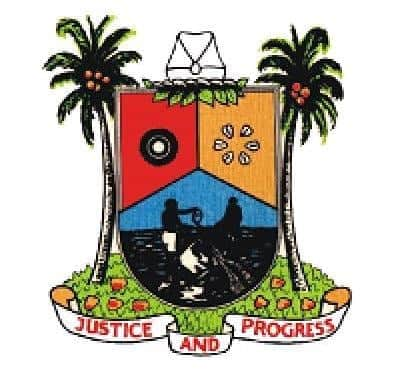
In a bid to curb the dearth of Arabic teachings in Lagos State Schools, the State Government has resuscitated interest in Arabic teachings with the introduction of teachers to new skills and methodology.
This is following the recent investments of the Babajide Sanwo-Olu led administration that have pledged and ensured that the Education Sector in the State is transformed in all ramifications.
Speaking at the opening of a One-Day Workshop organized by the Ministry of Education for Arabic Teachers across the six Education districts of the State on Thursday at the Multilingual International Resource Centre, Maryland, Lagos, the Permanent Secretary, Ministry of Education, Mrs. Abosede Adelaja who gave a keynote address at the event noted that appreciable investments in the Multilingual International Resource Centre as well as the determination to build capacity of teachers and administrations in the State’s Public Schools have begun yielding laudable results and has become evident in the education of children in the State.
The Permanent Secretary said the training became necessary as language remains an important and an all encompassing element in human life and key component in effective Communications which undeniably guarantees a harmonious society and that the continuous capacity building at the local and international levels will be of immense advantage to teachers in the State.
Adelaja stressed that the theme for the workshop “Teaching and learning of Arabic Language in Lagos State Schools; Status, challenges and Way forward” was apt and clearly depicts the readiness of government to further improve the teaching and learning of languages in the State as driving the 21st Century economy requires in-depth global approach that would transcend platforms and diverse global societies and economies, hence the need to tackle barriers which a deficiency in language may portend.
She revealed that psychological studies have found that speaking two or more languages is a great asset to cognitive process which is quite beneficial for students; which further empowers them with the right skills and knowledge crucial for their independence and self reliance in preparation for the future workplace.
“Instituting various approaches that will aid in achieving improvement in learners’ outcomes, increase literacy and numeracy rate of students and also optimize School Curriculum to enhance capacity of School personnel and improve infrastructural development are clear indications of the transforming of the Education Sector,” Adelaja further stated.
She encouraged participants at the event to avail themselves of the opportunity of the workshop, noting that the lectures by the seasoned facilitators are an onus for effective service delivery and simplified teaching and learning of their students. Among the facilitators were Dr. Saheed Timehin, Head Of Arabic Unit, Department of Foreign Languages, Lagos State University who delivered the first lecture titled “ Teaching and Learning of Arabic in Lagos Schools” while the Dean Student Affairs and former HOD. Arabic Department, Michael Otedola College of Education, Dr Morufudeen Adeniyi Shittu delivered the second lecture titled “Relevance of Arabic Language to the World Development: Challenges of Nigeria Arabic Teachers”
While welcoming participants, the Director, Multilingual International Resource Centre, Mrs. Taiwo Haastrup told those present that Arabic language is one of the languages recognized by the United Nations and spoken by people and nations across the globe. She said the Multilingual International Resource Centre MLIRC is committed to raise Oral proficient indigenous and sovereign language learners as well as world class learners of foreign and indigenous languages in a conducive learning environment as provided by the Lagos State Government.
Mrs. Haastrup said the centre also serves as a platform for capacity building for many languages to mitigate the dearth of Arabic Language teaching and learning in Lagos State Schools and to stem the tide of drafting Arabic language Teachers to teach other subjects viz Islamic Religious Studies, Civil Education amongst others.
Our objective for this workshop is to train Teachers on effective methodologies in the teaching and learning of Arabic as a foreign language. We also want to encourage and resuscitate the interest of Teachers and Students in the Learning of Arabic language as a universal means of communication. We also believe this workshop will spiral an upward increase in enrolment of Arabic language by students in WAEC and NECO examinations as the teacher avail themselves for the impactful sessions.
She enthused that the Multilingual International Resource Centre will leave no stone upturned. In the quest to ensure that new trends and approaches are continuously instituted. “Our commitment to ensure a balanced education will transcend certification; it must be in conduct and in learning” She concluded.
Kayode Abayomi
Head, Public Affairs
Ministry of Education
27th August, 2020.














